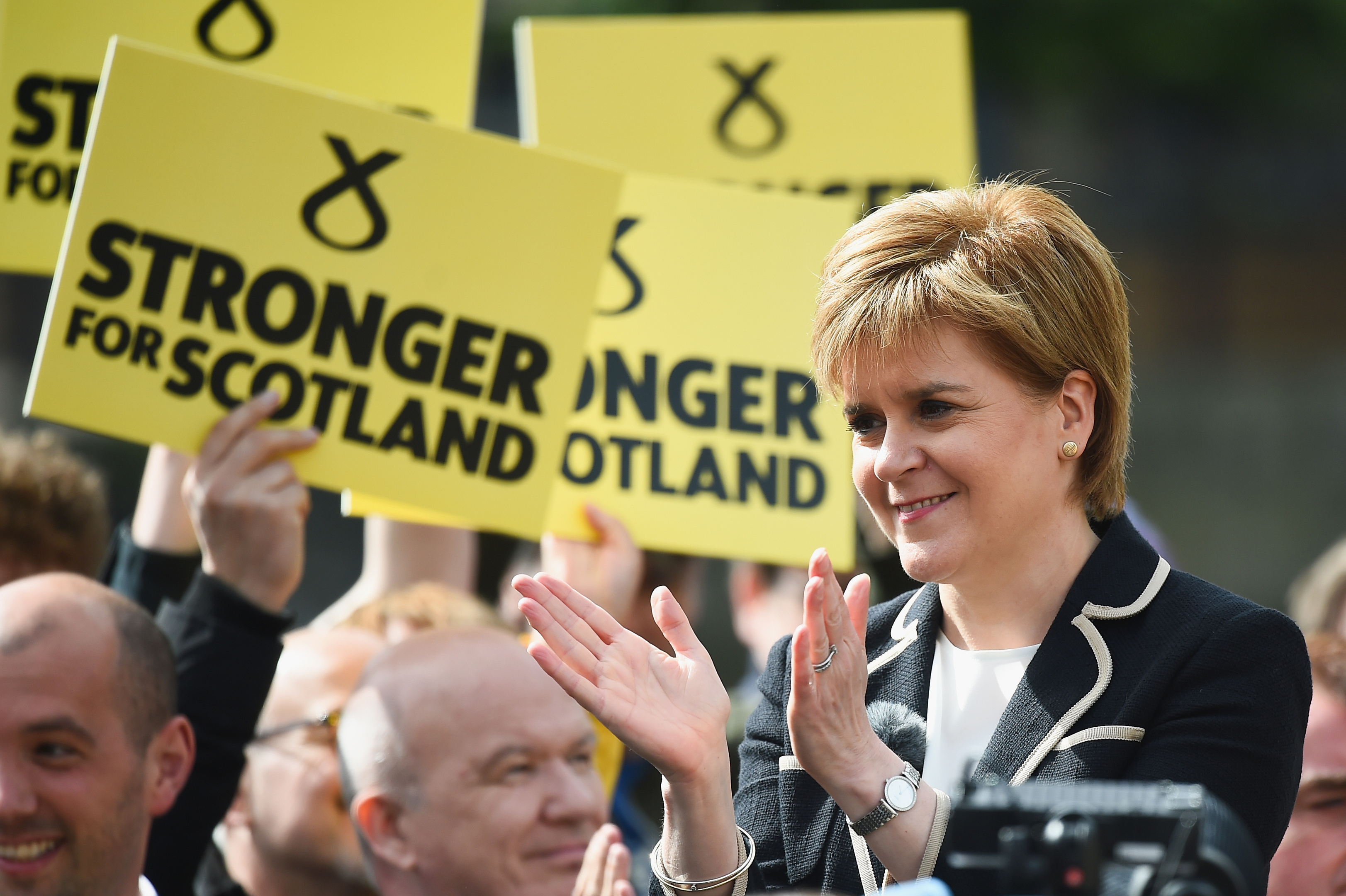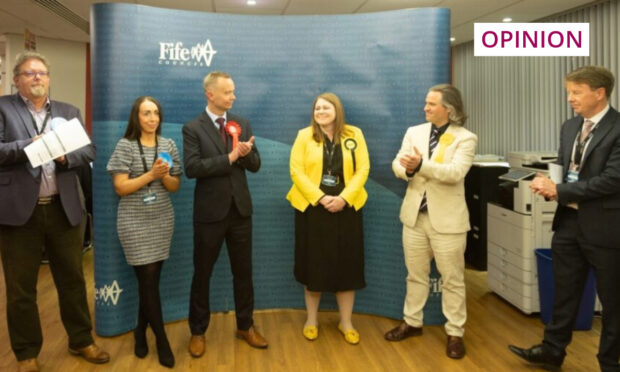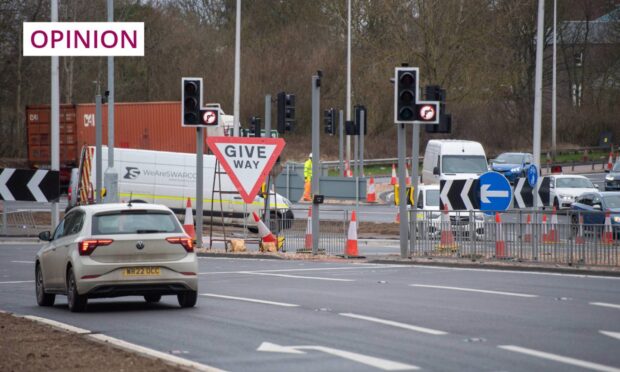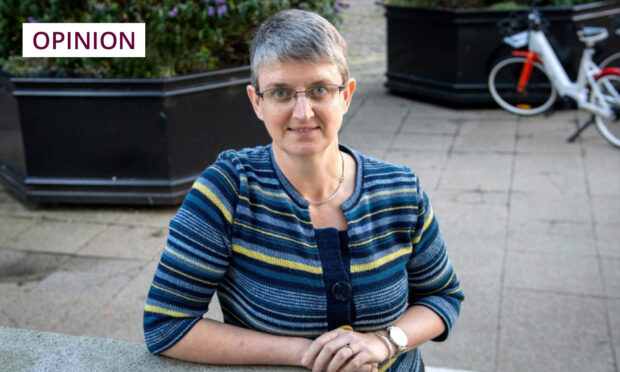Nicola Sturgeon has held the enviable position of ruling a party staunchly loyal to her leadership.
However, that authority is not as assured as it was. There are murmurings of discontent.
The race to be deputy leader of the SNP threatens to bring some of those to the fore.
The first will be the thorny issue of the timing of an independence referendum.
The debate has been muted since Ms Sturgeon said a decision would only be made once the terms of Brexit are clear, which will probably be this autumn.
A leadership contest forces candidates to nail their colours to the mast, which paves the way for a constitutional rift at the top of the SNP.
There will be little patience from the strike-now faction if Ms Sturgeon fails to capitalise on the gift of Brexit.
But equally the gradualists will not forgive her if she gives in to the gung-ho brigade and loses a referendum held without evidence the public is ready.
The second key topic will be over how the party is run.
Ms Sturgeon has been accused of being authoritarian, with a top-down approach to decision-making.
Some in the party saw her decision to set the hare running on Indyref2 the day after the Brexit vote as a serious miscalculation.
That came to bear in the general election result of last year, in which the SNP lost 21 MPs following a campaign that alienated thousands of voters by offering independence as the silver bullet to Brexit.
The 2017 disappointment generated grumblings about the power couple at the top of the SNP.
Ms Sturgeon’s husband Peter Murrell survived in his role as the party’s chief executive, but concerns over the concentration of power and lack of accountability have not been resolved.
This all means there is little appetite for a nodding deputy.
Like any politician, Ms Sturgeon has proven she is not immune to error and needs a strong second in command who will challenge her, even if it goes against the SNP’s inclination to snuff out internal dissent.
Unlike previous leadership contests, there is no obvious fit for the post following the departure of Angus Robertson, who relinquished the role this month after losing his Moray seat in June.
The only two to have thrown their hat into the ring are James Dornan, the Glasgow MSP, and Julie Hepburn, who is not in elected politics but has worked for senior Perthshire politicians John Swinney and Pete Wishart.
Mr Wishart, who is the longest-serving MP in the SNP’s current crop, is weighing up a bid.
The Perthshire MP has warned the party to think about the hundreds of thousands of SNP voters who voted Leave, and called for a more cautious approach to an independent Scotland returning to the EU fold.
He has also spoken of the need not to rush into Indyref2, suggesting a decoupling of the issue from Brexit by only holding one when unconvinced Scots have been persuaded.
Tommy Sheppard, the Edinburgh MP, challenged for the Westminster leader role last year, missing out to Ian Blackford, who has ruled himself out for the depute job.
Mr Sheppard, who is thinking about bidding, is prepared to be a thorn in the side, telling the party after last year’s general election that it needs to be more radical to see off the Jeremy Corbyn threat.
There are some other potential candidates floating around, but few have the clout of predecessors that have assured the dominance of the SNP since 2007.
What may be most uncomfortable for the SNP is not the possibility of clashes over the constitution and internal politics, but the lack of characters to push the party on into the next decade.










